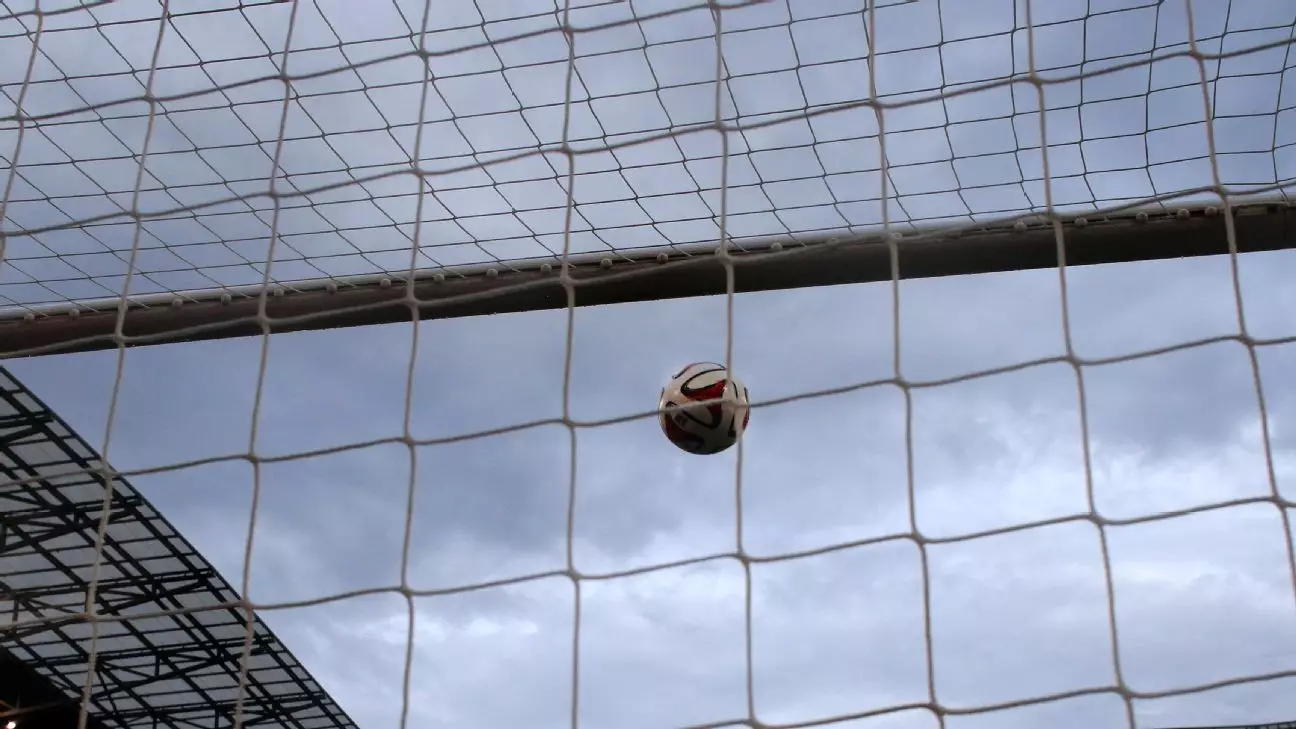The recent controversy surrounding the River Plate women’s soccer team has drawn significant attention within the realm of sports and the broader societal issues of racism and discrimination. On December 21, during a pivotal semifinal match of the Brazil Ladies Cup against Grêmio, an incident involving Argentine player Candela Díaz escalated dramatically. Allegedly making monkey gestures towards a ball boy, Díaz’s actions led to an immediate backlash that halted the match and sparked a tumultuous scene. This moment not only led to the suspension of the game but also catalyzed discussions about racism in sports, particularly the repercussions players face for such actions.
Following the incident, four Argentine players from River Plate were arrested and faced significant legal scrutiny. They were detained by the authorities in São Paulo, an indication of the severity of the allegations. Judge Fernando Oliveira Camargo made the decision to release Candela Díaz, Camila Duarte, Juana Cángaro, and Milagros Díaz, but with conditions that they report to court monthly until the case concludes. Their release was confirmed through documentation issued from the Carandiru penitentiary, where the players spent Christmas, indicating not only a personal toll on them but also a larger impact on their team and fans.
The fallout from this incident was not confined to the players alone; it significantly affected River Plate’s standing in the Brazil Ladies Cup. The referee’s decision to award the match to Grêmio resulted in the latter team advancing to the tournament final—one that they ultimately won just two days later. In addition to the immediate match consequences, River Plate was handed a two-year ban from participating in the tournament, a sharp response aimed at deterring future incidents of racism. The statement from the tournament organizers underscores an increasingly firm stance against racism, stating that any team involved in such conduct will face immediate disqualification in future competitions.
The incident involving River Plate highlights ongoing issues of racism within South American soccer, a problem particularly pronounced in matches involving teams from Brazil. Grêmio’s coach, Thaissan Passos, alleged that her players had faced prior derogatory remarks from River athletes, suggesting a troubling culture that can permeate sports. The condemnation of discriminatory behavior by River Plate itself reflects a necessary recognition of the problem; however, the true test will lie in the effectiveness of the measures they undertake to combat racism within their ranks.
As the players await the next steps in their legal proceedings, the repercussions of this incident resonate well beyond the soccer field. It calls into question the responsibilities of athletes, clubs, and sports organizations in eradicating racism from the sport. The River Plate case serves as a critical reminder of the need for systemic change and accountability in sports, with the hope that it ignites a broader dialogue and actionable steps towards creating a more inclusive environment for all players. In a world increasingly focused on social justice, how sports organizations react and evolve in response to such incidents will be closely monitored and scrutinized.


Napsat komentář